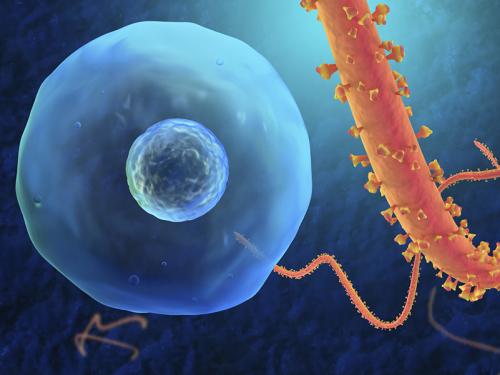
The MS in Tropical Medicine is an academic degree designed to build a strong knowledge of infectious diseases of global public health importance. Coursework provides a solid foundation in parasitology, vector biology, and other infectious diseases of public health significance. Foundational public health courses and specialty courses in biological, cellular, and epidemiological aspects of pathogens and infectious disease comprise the curriculum. Students are also required to carry out original research and write a thesis based on the findings of the research project.
Graduates of the MS degree in Tropical Medicine are expected to find careers in public health, biomedical sciences, or related fields at academic institutions, governmental and non-governmental organizations, healthcare organizations, or biotechnology/pharmaceutical companies. Many individuals enter the program with the intention of subsequently pursuing PhD or MD degrees.
Applicants must meet the school's admission and application requirements for entrance into master's programs at the WSPH.
While most applicants to the MS program in Tropical Medicine have a background in biology, public health, or the biomedical sciences, a specific undergraduate major is not required to apply.
For questions about the application process and requirements, email sphtmadmissions@tulane.edu.
Please visit the university course catalog for:
Department Chair: Ronald Blanton, MD
Program Director: Eric Dumonteil, PhD
Department Administrator: Daniella Fontana-Bermudez
Email: tropmed@tulane.edu
Phone: (504) 988-3558
Ready for More?
Request Information Connect With Us Public Health Discovery Seminars
